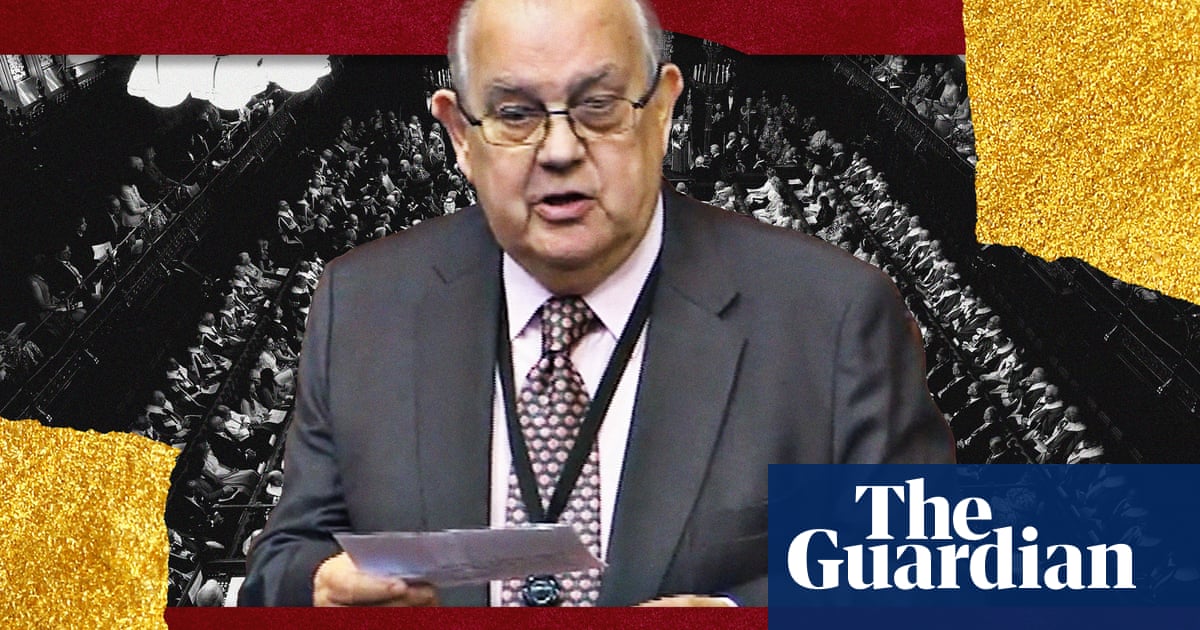The US is mounting a fresh diplomatic effort in the Middle East, hoping to end the war in Gaza and push rebels who have taken power in Syria to form a “credible, inclusive, and non-sectarian governance”.
Antony Blinken, the US secretary of state, met Jordan’s King Abdullah in the Red Sea town of Aqaba on Thursday – the first stop of a short regional tour.
The future of Syria after the overthrow of Bashar al-Assad dominated discussions, as well as issues including the destruction of Syria’s chemical weapons stockpiles, humanitarian aid, and “preventing Syria from being used as a base for terrorism or posing a threat to its neighbours”, a spokesperson said.
Blinken, who has made multiple trips to the Middle East since the war in Gaza began 14 months ago, was due to head to Turkey later on Thursday. So far any ceasefire in Gaza has been elusive, and, despite the fragile agreement concluded last month that has ended hostilities between Israel and Hezbollah in Lebanon, US prestige in the region has been harmed as a result.
The rebel group Hayat Tahrir al-Sham (HTS), which the US and several other western states call a terrorist organisation, took power in Damascus after it led a lightning offensive to oust Assad, ending the 50-year rule of the family dynasty after 13 years of civil war.
Blinken said earlier this week that Washington would recognise a future Syrian government that amounted to a credible, inclusive and non-sectarian governing body. The top US diplomat will also meet the Jordanian foreign minister, Ayman Safadi, on Thursday and will discuss Israel’s conflicts in Gaza and Lebanon during his trip, the state department said.
The Biden administration has urged HTS not to assume automatic leadership of Syria but instead form a transitional government, according to two US officials and a congressional aide briefed on the first US contacts with the group.
Blinken has said the transition in Syria should be consistent with UN security council resolution 2254, approved in 2015, which calls for a Syrian-led process facilitated by the United Nations, establishing within six months non-sectarian governance and setting a schedule for a process of drafting a new constitution. It also calls for free and fair elections.
On Thursday, Biden’s national security adviser, Jake Sullivan, is due to arrive in Israel for talks with the Israeli prime minister, Benjamin Netanyahu, and then on to Egypt and Qatar, which, along with the US, have sought to mediate a deal to end the war in Gaza.
The UN general assembly overwhelmingly approved resolutions on Wednesday demanding an immediate ceasefire in Gaza and expressing support for the UN agency for Palestinian refugees that Israel has moved to ban. General assembly resolutions are not legally binding, although they reflect world opinion.
Israel has faced growing international criticism over its conduct in Gaza as it fights Hamas militants, especially when it comes to humanitarian aid for desperate people in the besieged and heavily destroyed territory.
Israeli airstrikes in northern and central Gaza killed at least 33 people overnight and into Wednesday, Palestinian medical officials said. Hospital records show one Israeli strike in northern Gaza killed 19 people in a home, including a family of eight – four children, their parents and two grandparents.
The Israeli military said it targeted a Hamas militant in the vicinity of the hospital, part of its ongoing offensive in Gaza’s isolated and heavily destroyed north.
The war in Gaza began when Hamas-led militants stormed into Israel on 7 October 2023, killing about 1,200 people, mostly civilians, and abducting around 250 people, including children and older adults. About 100 hostages are still inside Gaza, at least a third of whom are believed to be dead.
Israel’s retaliatory offensive has killed more than 44,800 Palestinians in Gaza, according to local health officials.
Hamas has also been blamed for the failure to reach a ceasefire agreement but has been weakened by the losses sustained by Iran-backed Hezbollah and the fall of Assad, a key ally of Tehran.
A western diplomat in the region, however, confirmed a deal was taking shape but said it would likely be limited in scope, involving the release of only a handful of hostages and a short pause in hostilities.
President-elect Donald Trump has demanded that militants of the Palestinian Hamas group release the hostages held in Gaza before he takes over from Biden on 20 January . Otherwise, Trump has said, there will be “hell to pay”.
Trump’s designated hostage envoy, Adam Boehler, has said he too is involved in mediation, having spoken already to Biden and to Netanyahu.
Citing Trump’s threat of “hell to pay”, Boehler told Israel’s Channel 13 news last week: “I would appeal to those people that have taken hostages: make your best deal now. Make it now because every day that passes, it is going to get harder and harder and more Hamas lives will be lost.”
Although Biden and Trump are working separately, their efforts overlap and both stand to gain from a deal. A US official said Trump’s public statements about the need for a swift ceasefire “have not been harmful”.
The official said the priority was to get the hostages home, whether it was at the end of the Biden term or the start of the Trump administration.
In the occupied West Bank overnight, violence continued, with a child around the age of 12 killed in a suspected Palestinian shooting attack on an Israeli bus, Israeli emergency services said.

.png) 3 months ago
23
3 months ago
23













































